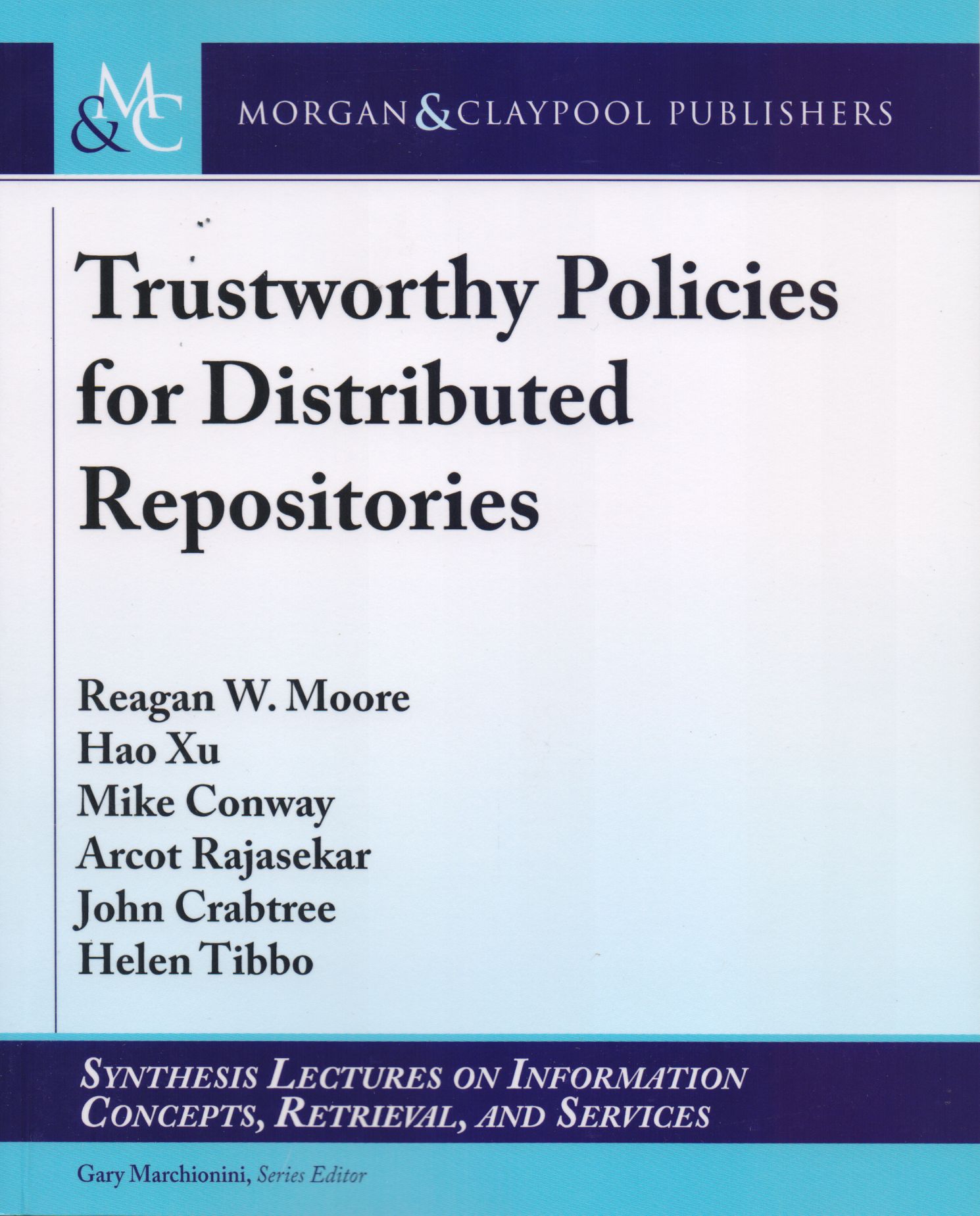Libros relacionados
 |
Scholarly Collaboration On The Academic Social Web He, Daqing / Jeng, Wei Morgan & Claypool Publishers |
 |
Database Anonymization: Privacy Models, Data Utility, And Microaggregation-Based Domingo-Ferrer, Josep / Sánchez, David / Soria-Comas, Jordi Morgan & Claypool Publishers |
 |
Dynamic Information Retrieval Modeling Hui Yang, Grace / Sloan, Marc / Wang, Jun Morgan & Claypool Publishers |
 |
Learning From Multiple Social Networks Nie, Liqiang / Song, Xuemeng / Chua, Tat-Seng Morgan & Claypool Publishers |
 |
Trustworthy Policies For Distributed Repositories W. Moore, Reagan / Xu, Hao / Conway, Mike / Rajasekar, Arcot Morgan & Claypool Publishers |
 |
Notion Of Relevance In Information Science, The: Eveybody Knows What Relevance I Saracevic, Tefko Morgan & Claypool Publishers |
 |
Semantic Interaction For Visual Analytics: Inferring Analytical Reasoning For Mo Endert, Alex Morgan & Claypool Publishers |


|
Título: Risk Management Of Digital Information | |
| Autor: Lawrence / Kehoe/ Rieger/ Walters/ Kenney | Precio: $200.00 | |
| Editorial: Council On Library And Information Resources | Año: 2000 | |
| Tema: Informacion, Archivonomia, Digital | Edición: 1ª | |
| Sinopsis | ISBN: 1887334785 | |
| Given the right hardware and software, digital information is easy to create, copy, and disseminate; however, it is very hard to preserve. At present, it is impossible to guarantee the longevity and legibility of digital information for even one human generation.
The Council on Library and Information Resources (CLIR) has sponsored work on possible solutions to this problem. One such solution, the development of emulators, would enable access to information created with software and hardware that has become obsolete. The merits of emulation are widely debated, and the approach has yet to be developed for broad, practical use. A more viable strategy, many argue, is migration, which the CPA/RLG Task Force on Archiving of Digital Information defines as "the periodic transfer of digital materials from one hardware/software configuration to another, or from one generation of computer technology to a subsequent generation." |
||
Librería Bonilla SA de CV © Todos los derechos reservados. 2019
Última actualización: Jul 2019




